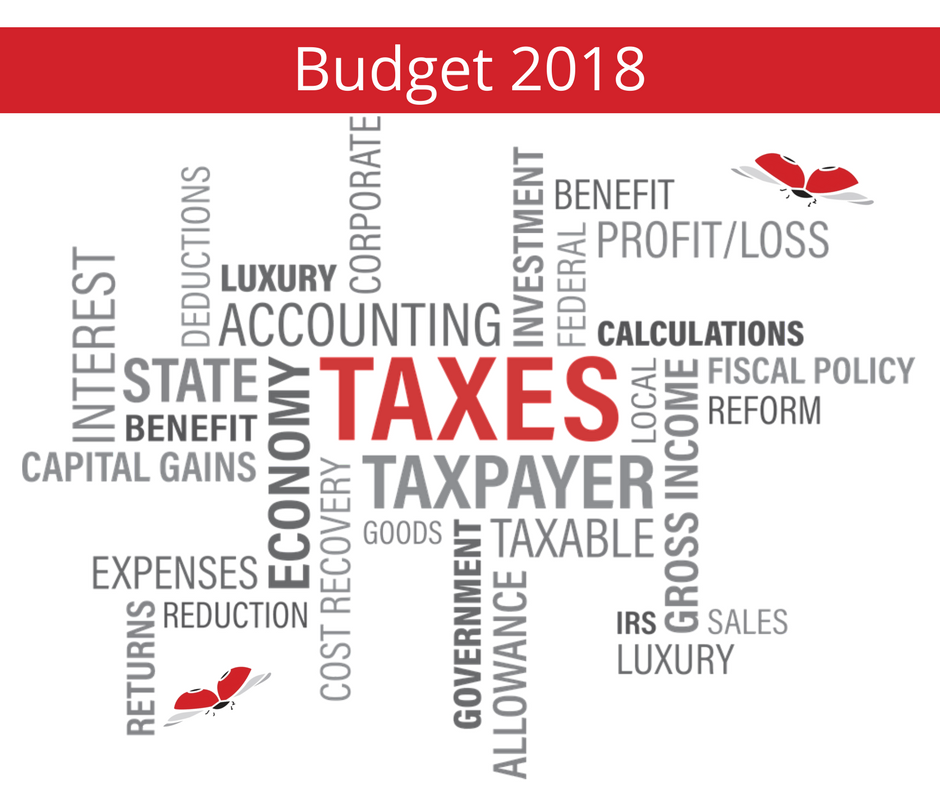
Philip Faure, Global Head of Wealth Advisory for Standard Bank Wealth and Investment, says all the predictions ahead of the Budget were far worse than what has transpired and the impact on wealthier South Africans is “not as severe as it could have been”. Philip Faure, Global Head of Wealth Advisory for Standard Bank Wealth and Investment says all the predictions ahead of the Budget were far worse than what has transpired and the impact on wealthier South Africans is “not as severe as it could have been”. “On the positive side, there was no introduction of a direct wealth tax, the top marginal tax rate did not go up and there was no adjustment in CGT inclusion rates. However, adjustment to donations tax, estate duty, VAT, a levy on international travel, and higher excise duty on luxury goods will lead to increased tax payable,” says Faure. “Whatever the negative impacts are based on the current tax increases, we are currently going through a tough economic cycle and there is no need to despair despite the wealthy now having to pay a higher burden of overall taxes. We have to believe the new government is going to focus on economic growth and things should settle down in the next few years,” says Faure. Government is also proposing to align the tax treatment of preservation funds upon emigration. On formal emigration a taxpayer is able to withdraw the full value from their retirement annuity, but government said in the Budget it was now considering aligning the tax treatment of different retirement withdrawals in such circumstances. Minor adjustments to income tax brackets, and therefore below inflation adjustments was a notable feature of the Budget. Limited adjustments to personal income tax brackets continue the progressive steepening of the income tax curve, which in recent years has also involved increasing capital gains and shareholder dividend tax rates, and establishing a new rate of 45 per cent for the top tax bracket.
However, the salient features of this budget are: Top marginal remains 45%, for taxable income above R1 500 001; limited relief in personal income tax brackets to accommodate inflation VAT rate increases from 14% to 15% No change to CGT inclusion rates Donations tax increases from 20% to 25% tax on amounts above R30 million Estate duty lifts from 20% to 25% for estates above R30 million Increase in excise duty rate on luxury goods from 7% to 9% Levy on international travel R190 per passenger departing international flights Increase of 52c/litre for fuel, consisting of a 22c/litre increase in the general fuel levy and 30c/litre increase in the Road Accident Fund levy Offshore allowances, which have been capped at R10 million annual investment allowances and R1 million discretionary allowance, were not increased. The treatment of taxation as it relates to trusts is unchanged since the introduction of section 7C in 2017, which negatively impacted interest free loans from individuals to trusts. If used correctly, trusts remain an important vehicle for the protection of assets and legacy planning. Higher tax rates for the wealthy had been mooted as one of the ways to generate more tax income without lifting the value-added tax rate. However, VAT was increased by one percentage point as it is estimated to have the least detrimental effects on economic growth and employment over the medium term, with the biggest spenders carrying the highest proportion of this indirect tax. “We saw a number of increases in taxes that are traditionally paid by wealthier taxpayers and this was not too surprising. A carefully planned and managed overall wealth strategy remains the best way to overcome these immediate tax increases, but I also expect economic growth to assist in reducing the tax burden in the future,” says Faure.
SOURCE PROPERTY 24